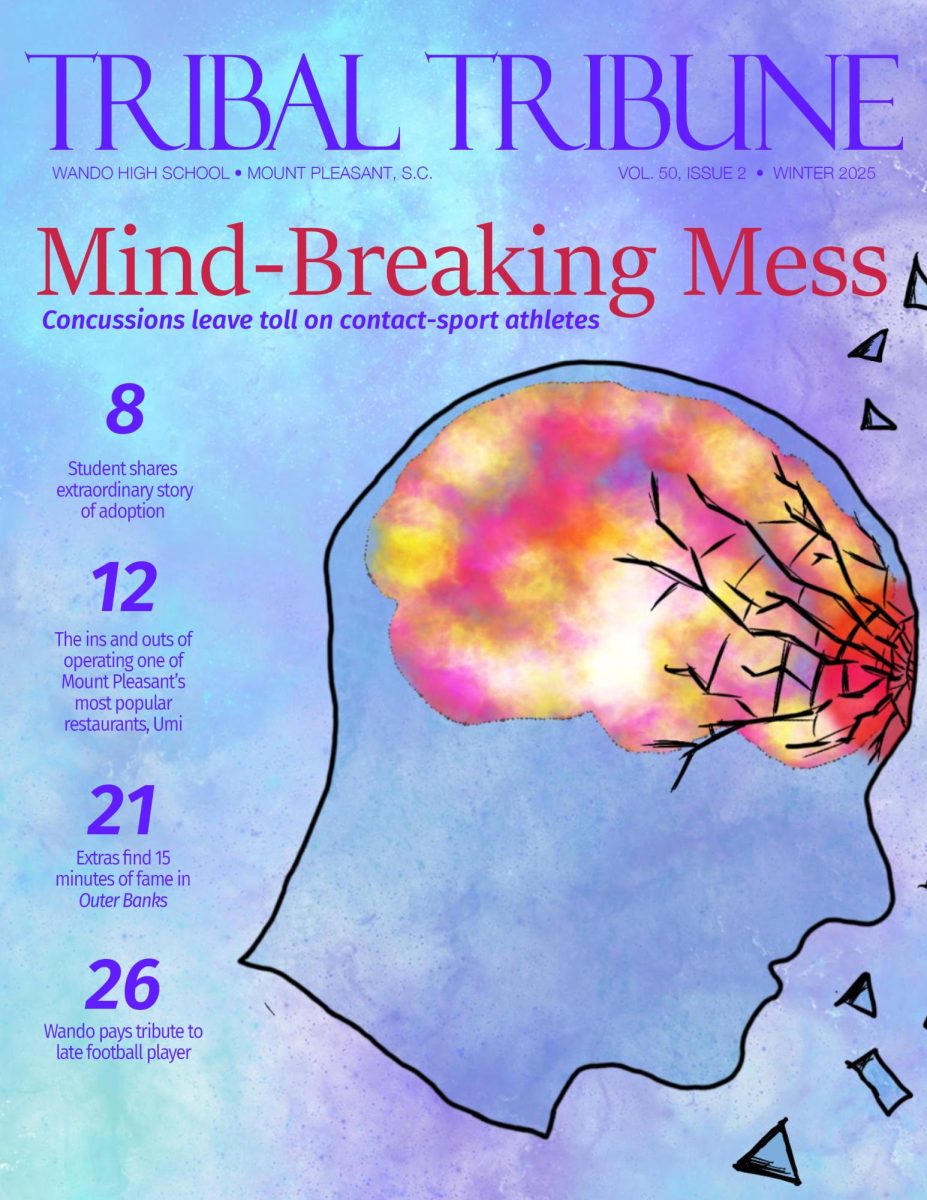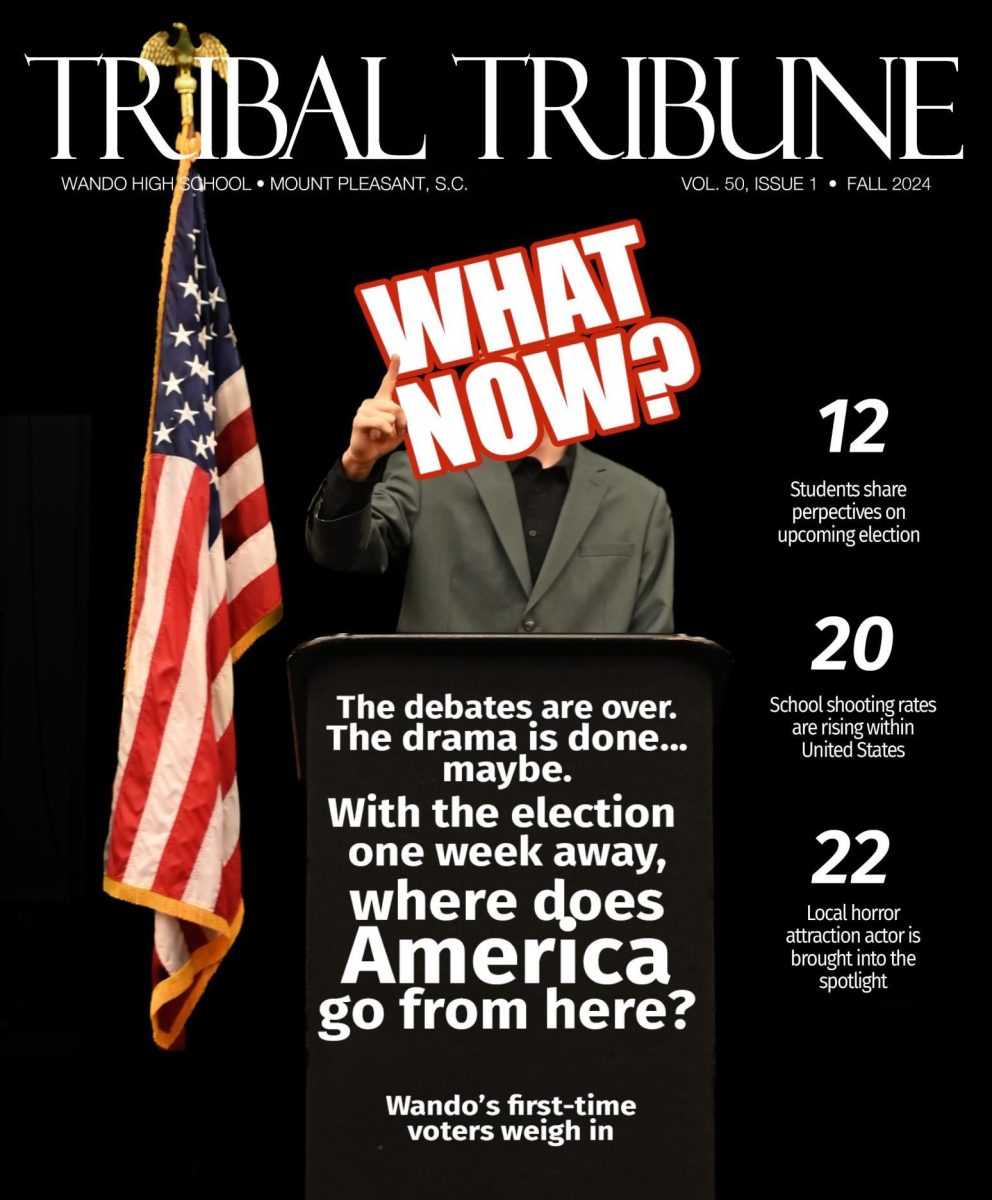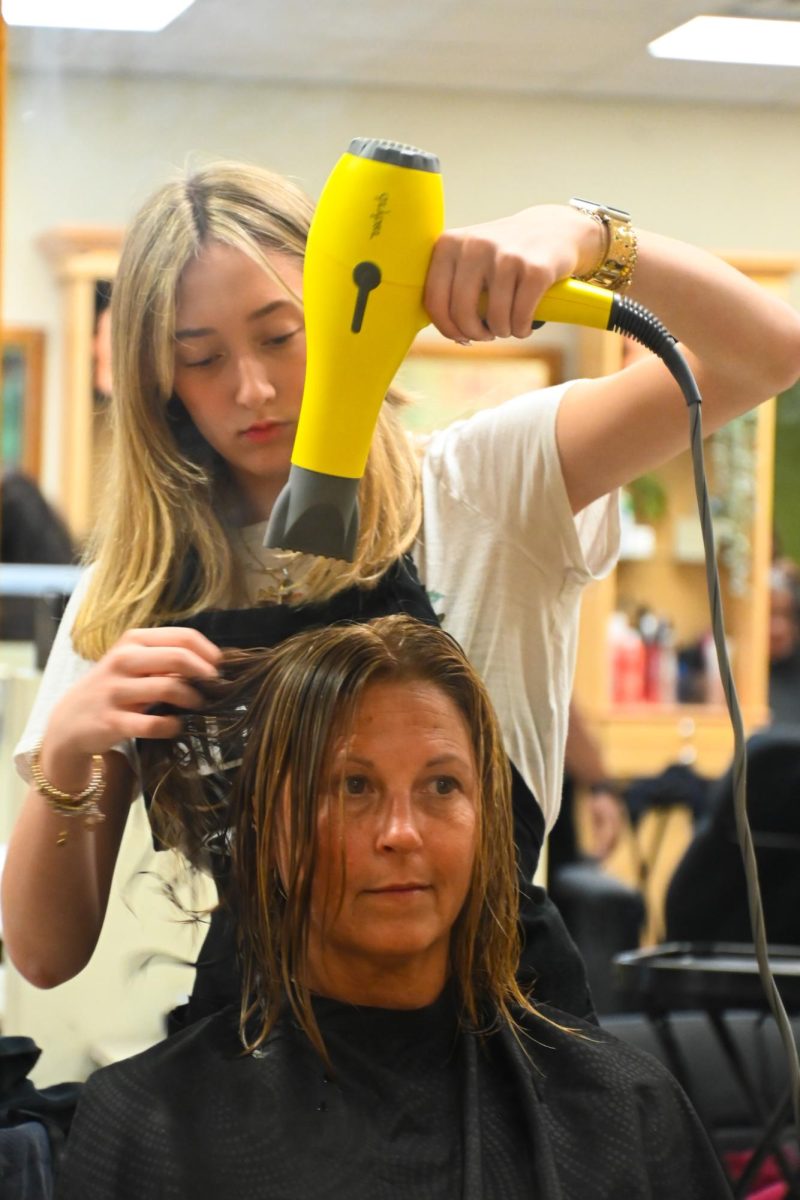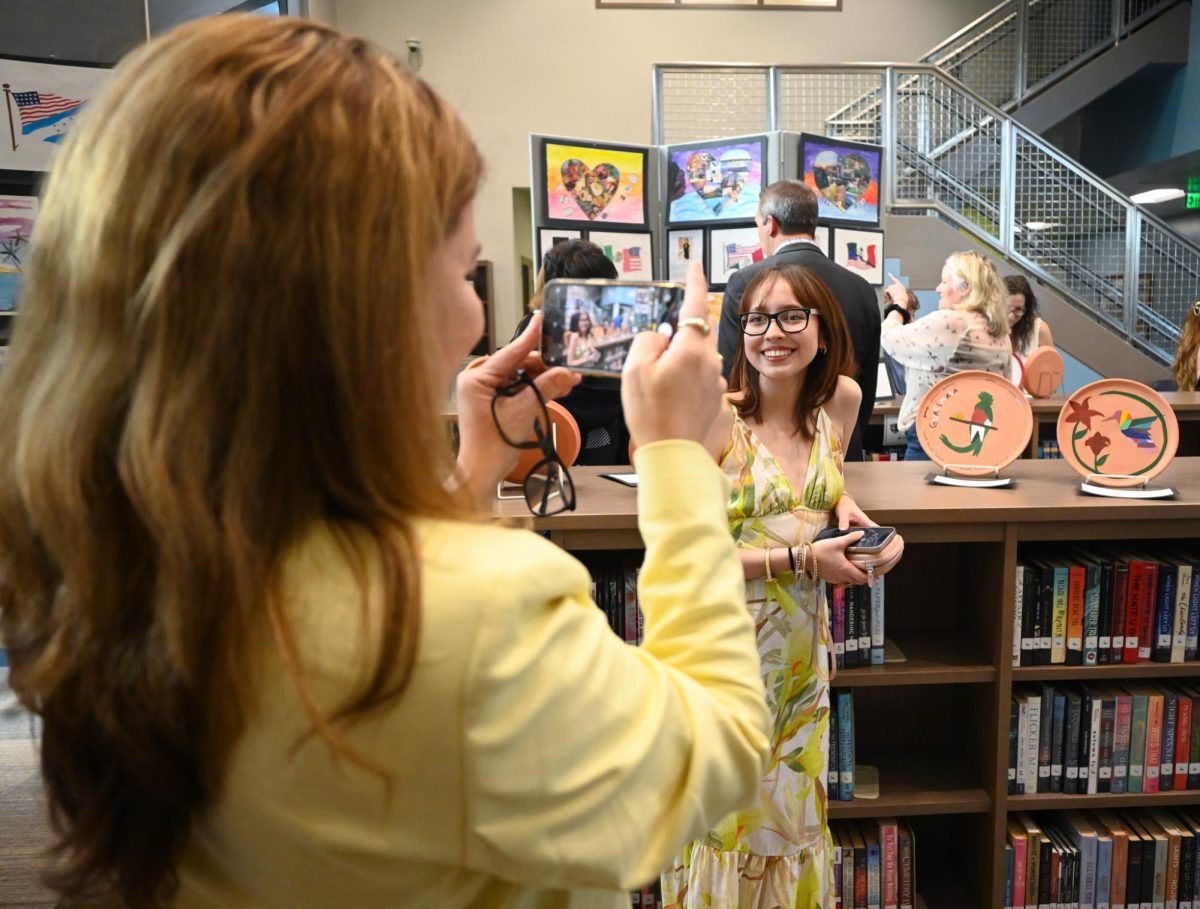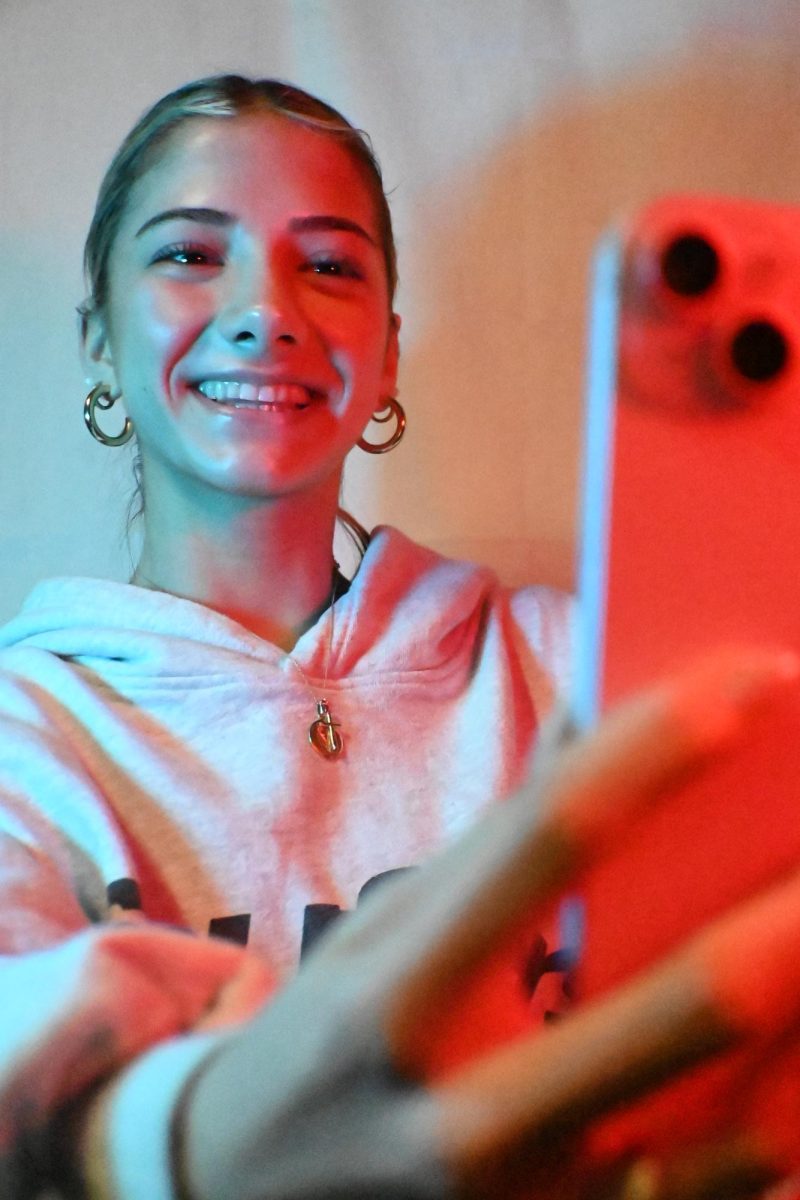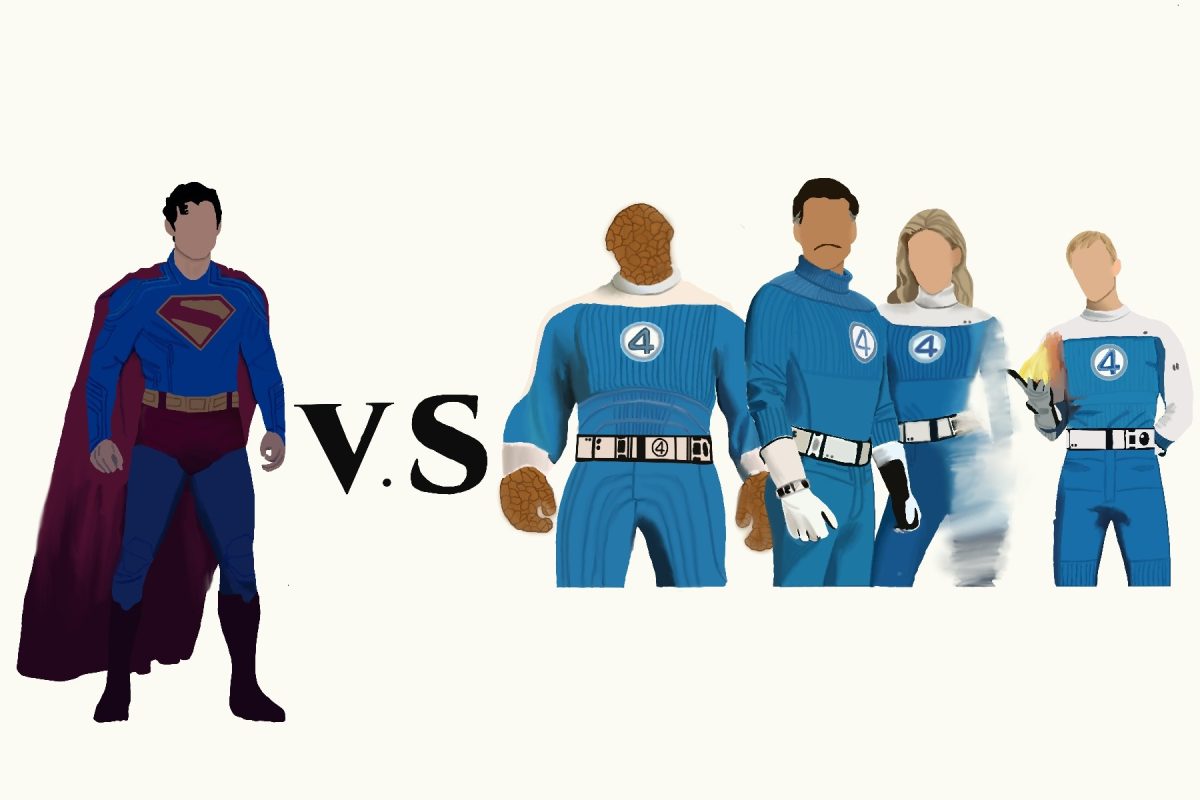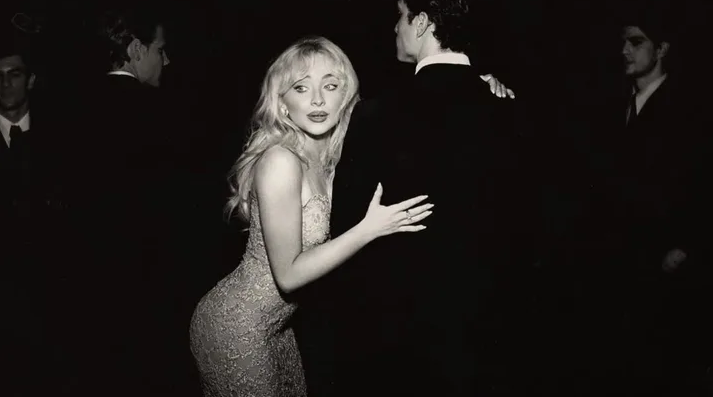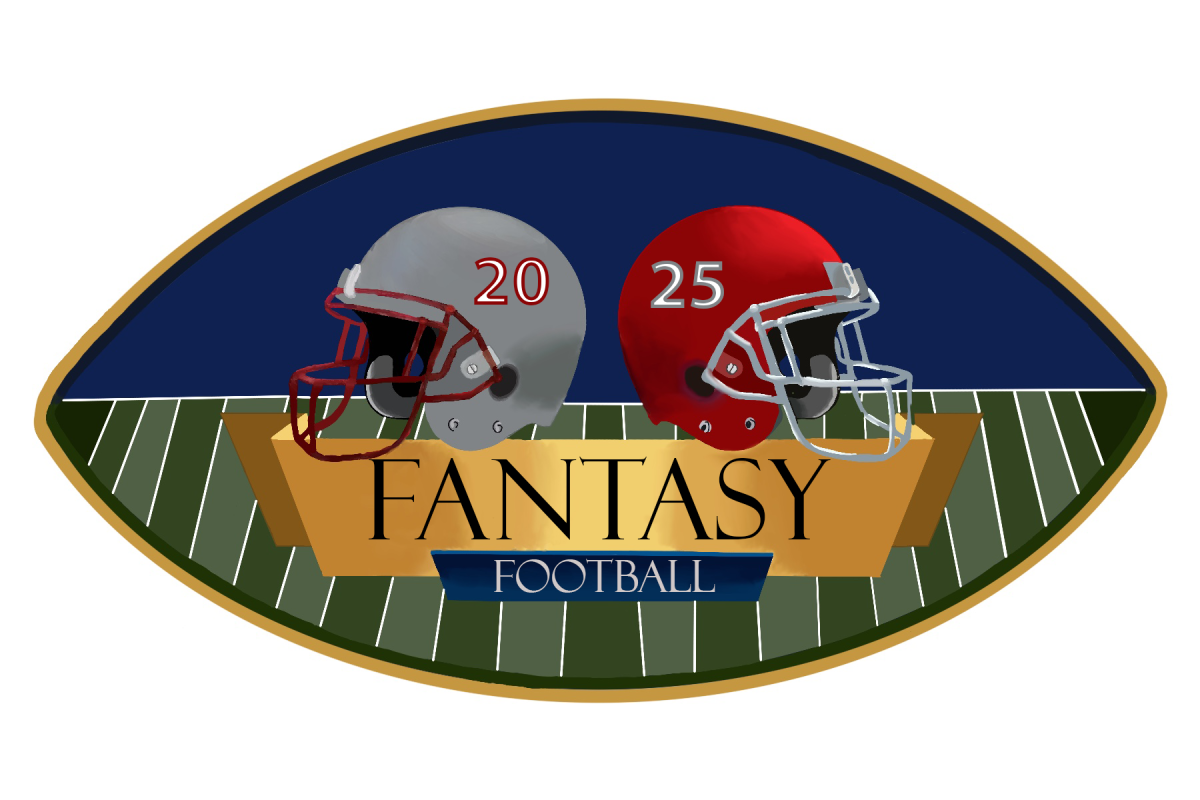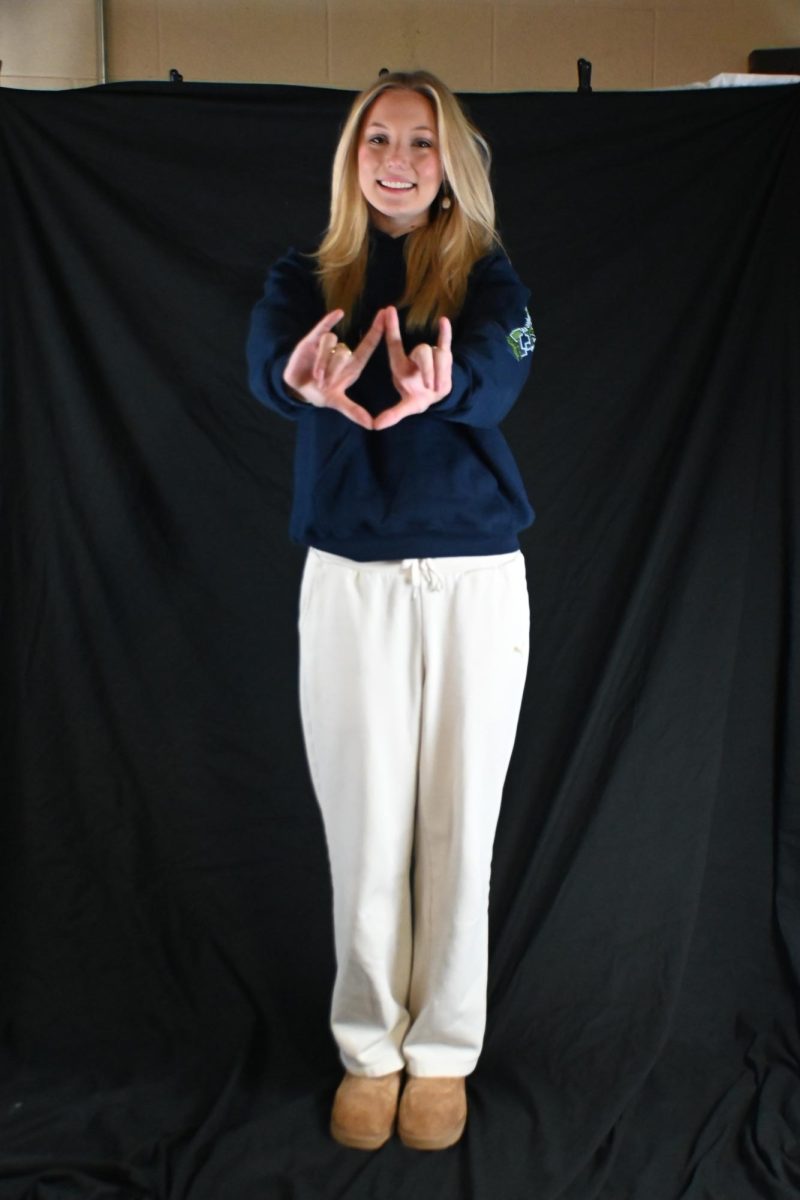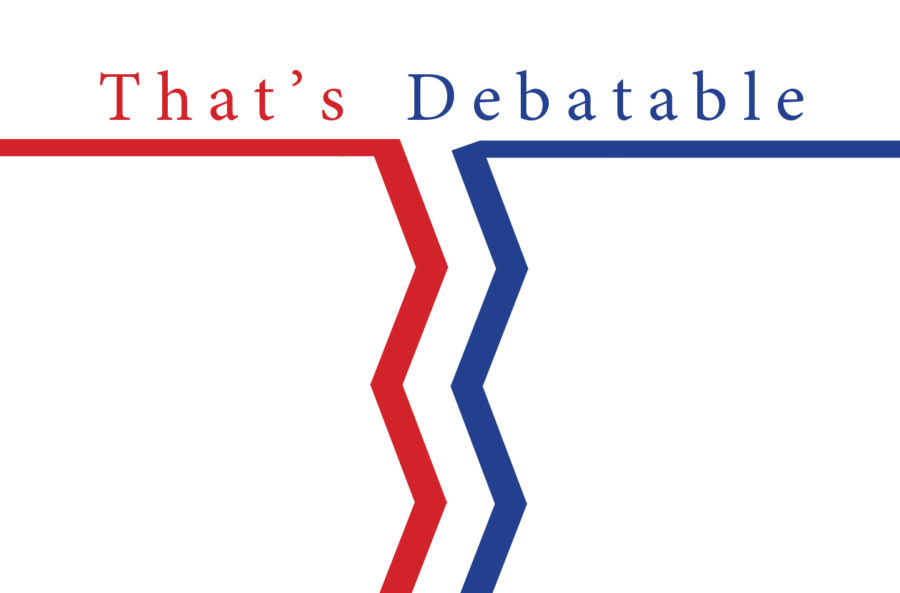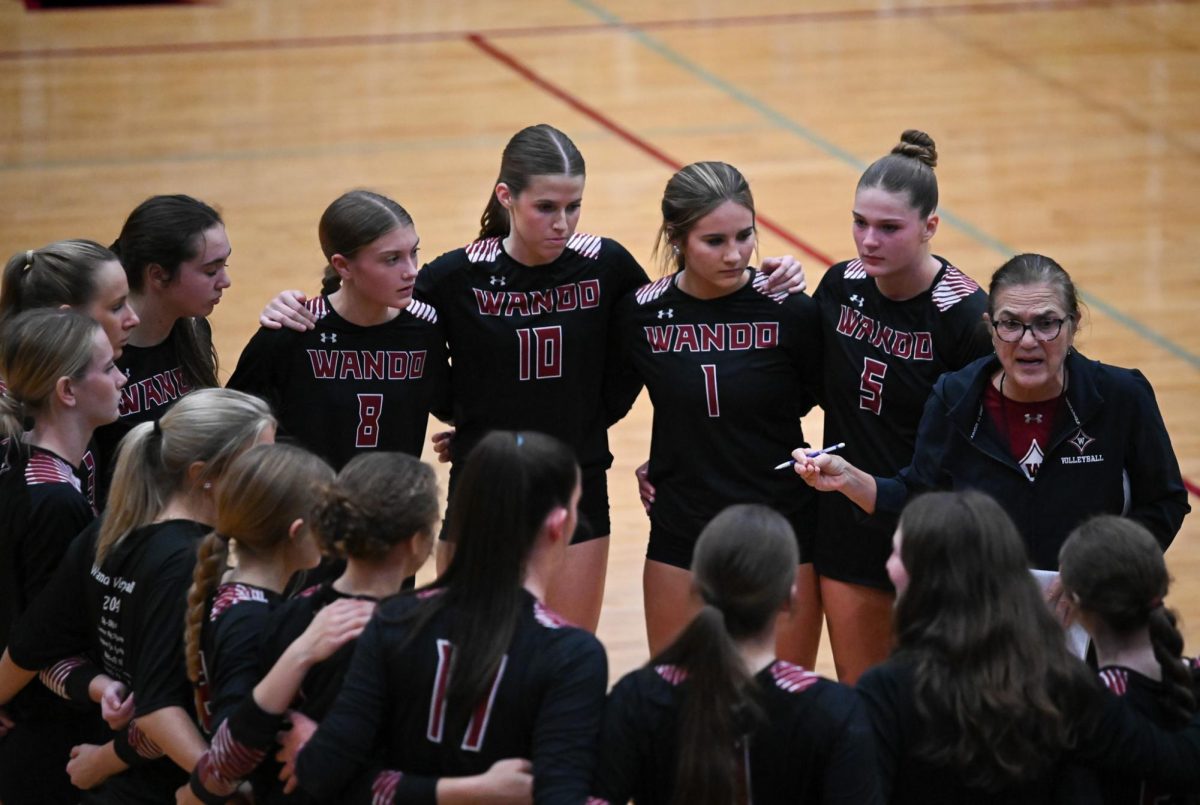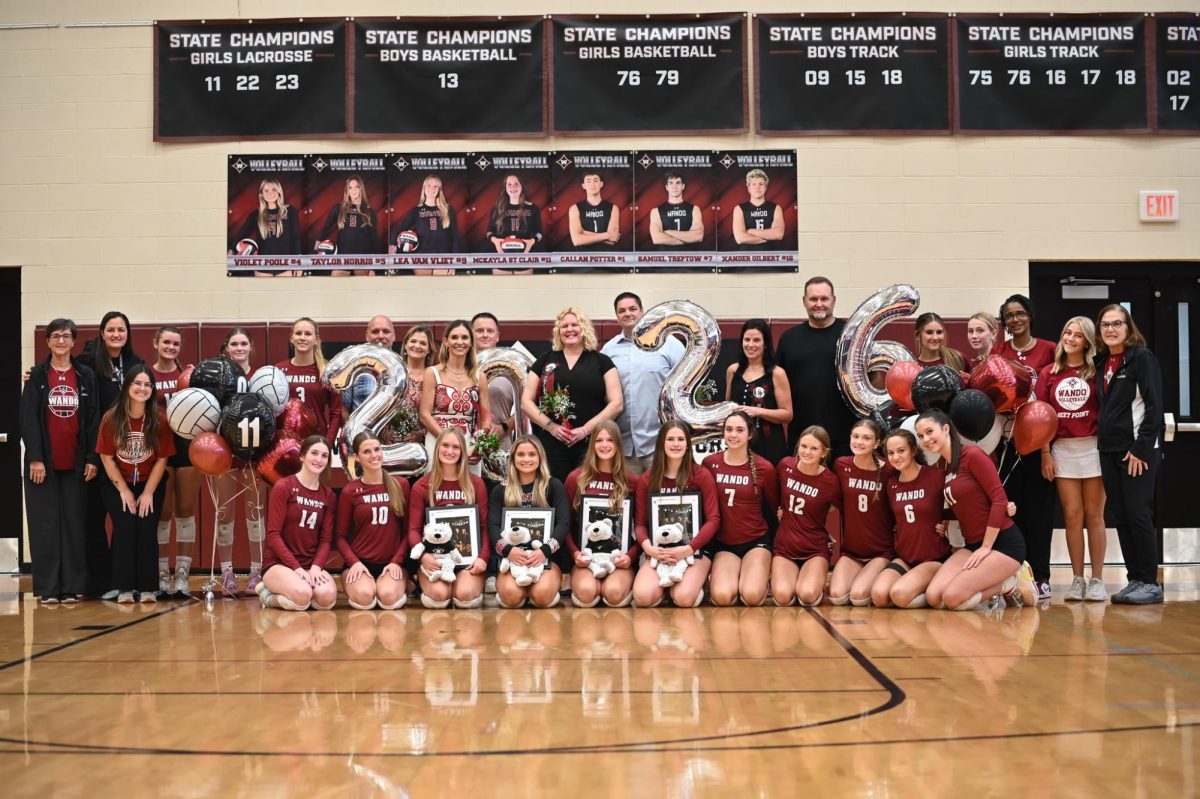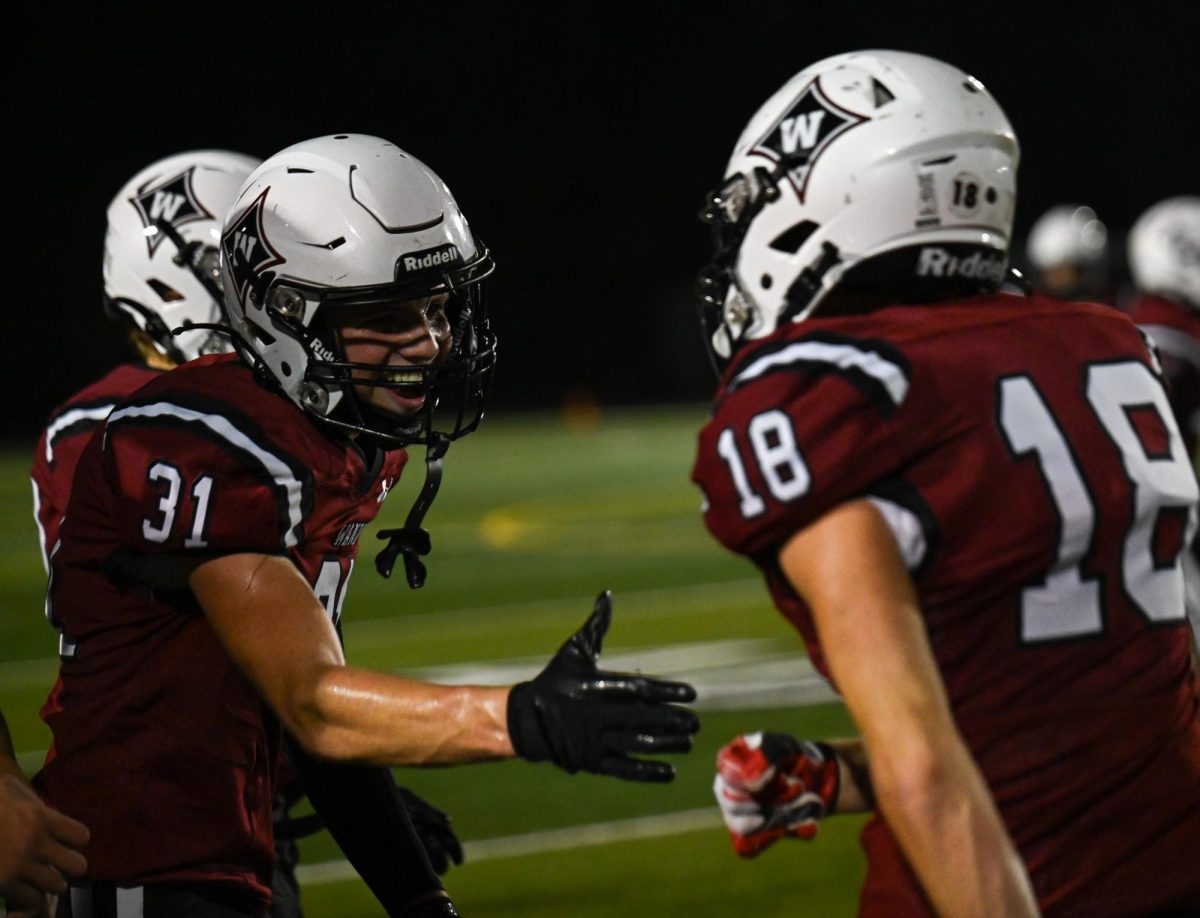A double order of disrespect
unior Emma Lovin works to keep herself motivated with all of the job experience that she has obtained as a hostess. “I think it’s really important to understand all of the little bits that go into a restaurant and I appreciate it a lot more now when I go out,” Lovin said.
Shaking with rage and raising his voice, a customer scares junior Emma Lovin during her shift as she believed she was in danger.
Lovin, a hostess at local brunch restaurant First Watch, has experienced a handful of badly tempered customers.
Working only Saturdays and Sundays, Lovin works the busiest days of the week for First Watch.
Whether it is the Saturday shoppers, or post-church rush on Sundays, every weekend Lovin has always experienced a dehumanized feeling from customers while working her shifts.
“They don’t really see us as people… it’s like we’re kind of dehumanized during a job…but they’re not thinking about everything else that goes into it,” Lovin said. “I don’t like to talk back or anything like that, just because that usually just gets the more mad… but usually I’ll just kind of explain the situation but I’m not trying to be overly nice.”
Working as a hostess and a cashier, Lovin receives the majority of criticism since she is the first and last person each customer sees.
“They won’t tell their server, but once they come up to the cashier stand, where I have to check them out, that’s usually when they’re like ‘Oh it was terrible.’ They go off on me… but I had nothing to do with the food,” Lovin said.
As an employee at a local Starbucks, Senior Hannah Gulbronson has also dealt with her fair share of ill-mannered customers.
“People who get really aggressive and like to yell or they will come back multiple times and make me remake it in the middle of rush hour,” Gulbronson said.
When it comes to bad experiences with customers, Gulbronson noticed herself and coworkers her age received more criticism compared to her older coworkers.
“I do think it’s an age thing. I do think that plays a role because I notice they don’t act as aggressive to adults or to people they respect more. They think they can be meaner because we’re kids,” Gulbronson said.
Despite the confusing orders Gulbronson and her coworkers receive from time to time, finding a way to satisfy their customers’ needs is an important part of their job.
“We used to have a customer who made you make her drink very particularly and would try it and say ‘I don’t want it’ and ‘I want to add more things to it’. We became friends with her because we now know how to make her drink right,” Gulbronson said.
Gulbrunson finds it unnecessary to disrespect bad customers and believes it is better to remain uninvolved.
“You just smile, there’s nothing you can do about it. It’s unprofessional to yell back at them,” Gulbronson said.
To overlook the obstacles that occur in a long shift, Gulbronson says it is important to keep a positive mindset.
“I just think I would never yell at people or like I just think you should treat others the way you think you should be treated. Just be nice, just be happy,” Gulbronson said.
No matter what Gulbronson goes through with customers, she tries her best to make their day just a little better by accommodating them.
“You never know what’s happening in someone’s day so you know I think that could really affect it. Don’t take what people say personally because they might be having a bad day or maybe they just have a bad temperament. You can help them with that,” Gulbronson said.
To explain the common rude behavior Lovin and Gulbronson receive, AP Psychology teacher, Lance Renes, breaks down the behavior of customer’s behavior in the restaurant business.
“If we want to break it down and use some psycho-analysis, what they’re doing is something called displacement, which means you are taking out your anger and frustrations on a less threatening person or object,” Renes said.
Displacement is an infrequently used term but in reality occurs every day at every job, not just food and beverage establishments.
“So when really they’re lashing out at,employees at restaurants or anywhere for even retail. I think they’re just taking their anger out on other people. It’s an outlet,” Renes said.
Renes also points out the fact that people who are paying for a service have a sense of authority rather than if they were not paying.
“We [customers] feel entitled to misbehave when we have to pay for something because we feel ownership. I get that which is delusional, in my opinion…just because you’re paying for something doesn’t give you the right to treat people inhumane,” Renes said.
In an attempt to prevent the unnecessary attitudes of those who make scenes in public, Renes suggests to follow (something she calls) the golden rule of respect.
“I think everybody needs to follow the golden rule. And you need to treat people the way you want to be treated, you need to be empathetic,” Renes said.
When it comes to this rule, treat others the way you want to be treated, Gulbronson finds that it is older people who expect respect yet do not respect others, especially teenagers.
“It’s kinda surprising because I think older people stress the importance of respect but it’s not mutual,” Gulbronson said.
At the end of every shift, Gulbronson believes all the experiences she has with customers has better prepared her for her future.
“I think it gives you a good experience for future jobs and makes your skin a little thicker,” Gulbronson said.
Regardless of the negative treatment, teenagers receive repeatedly at their jobs, the best thing to do is to simply move on.
“Don’t let a bad moment affect the rest of your day,” Gulbronson said.



